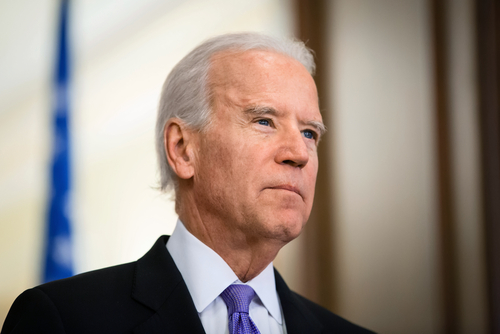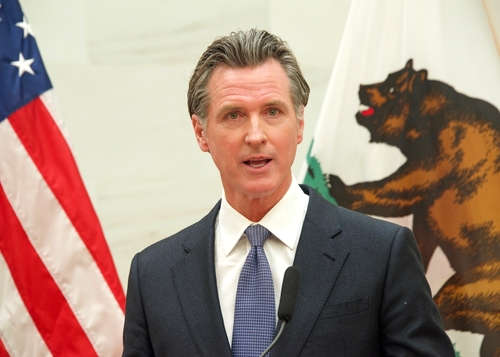
Italy urges calm response to US trade tariffs
Listen To Story Above
Italy’s Economy Minister urged caution against implementing retaliatory tariffs on the United States following President Donald Trump’s announcement of extensive import duties on trading partners.
During a business forum near Milan, Giancarlo Giorgetti emphasized Italy’s pursuit of reducing tensions with the US. The new tariff plan revealed by Trump on Wednesday would impose a 20% duty on Italy and other European Union nations, significantly impacting Italy’s substantial trade surplus with the United States.
“We should avoid launching a policy of counter-tariffs that could be damaging for everyone and especially for us,” Giorgetti said, adding “we must try to keep a cool head.”
Giorgetti suggested that the European Union should provide member states with greater spending flexibility within the bloc’s fiscal framework to counter the anticipated negative effects of these tariffs.
🇺🇸🇮🇹 Italian Prime Minister Giorgia Meloni assumed that being a right-wing political leader would protect Italian businesses from economic hardship. Last Wednesday, Italian carmakers’ $3.3 billion of US sales were hit with 25% tariffs like other EU nations. pic.twitter.com/IaFpc7N8A2
— Muad MZ 💙🌊 (@muadmzaki) March 31, 2025
As Italy’s high debt continues to be a concern, the country frequently requests additional budget flexibility from the EU. Under current EU regulations, member states can pause their agreed-upon public spending reduction commitments with the European Commission if the eurozone experiences severe economic difficulties.
Recent economic projections from the Bank of Italy indicate that the eurozone’s third-largest economy will experience modest growth of 0.5% this year, considerably lower than the government’s September forecast of 1.2%.
“In recent days there has been talk of aid for companies, but aid for companies is a state intervention that must be allowed under EU rules,” Giorgetti said.
Italy faces the challenge of reducing its deficit to meet EU requirements, aiming to decrease it from 3.4% in 2024 to below 3% of gross domestic product by 2026. This goal has become increasingly challenging due to sluggish economic growth.
BREAKING 🚨 Italy’s Prime Minister Giorgia Meloni said tariffs are not the end of the world and Giorgia stresses the EU not to do any retaliatory Tariffs
Italy’s Prime Minister is 100% right 🔥 pic.twitter.com/q97l8XHnvP
— MAGA Voice (@MAGAVoice) April 4, 2025
The government is preparing to revise its growth forecasts for both the current year and 2026 in its upcoming multi-year economic outlook presentation.
“The Italian public debt means reduced budget room for our country, a constraint that must be taken into account in any decisions we make,” Giorgetti said.
Italy’s debt burden, second highest in the eurozone relative to GDP, is projected to increase from 135.3% last year to nearly 138% by 2026.




